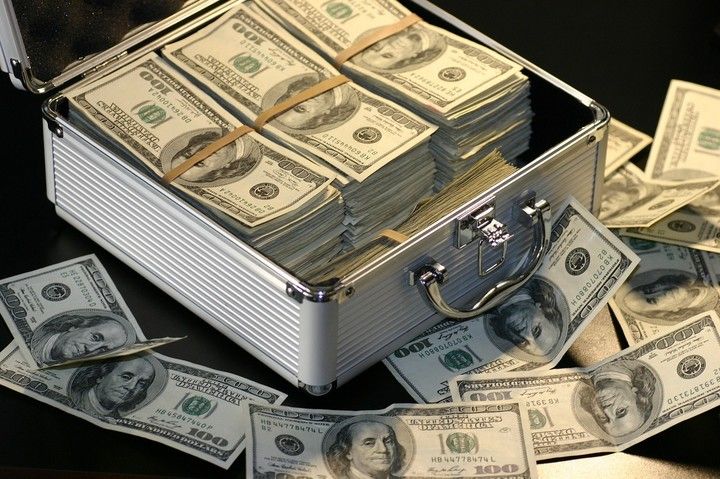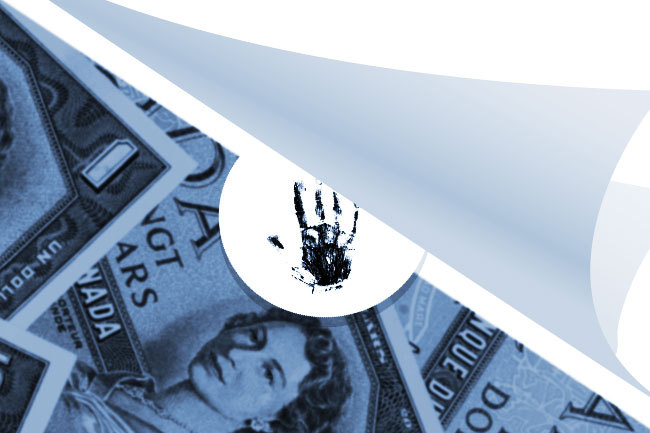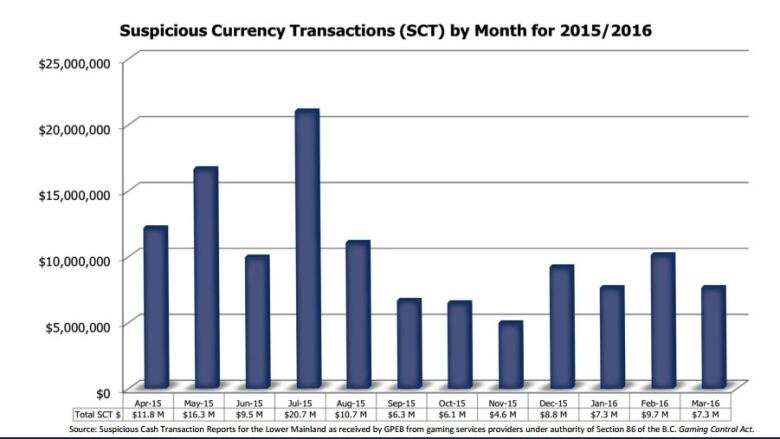Casino Money Laundering Canada
The Canadian province of Quebec will launch an independent audit to gather information about possible money laundering and criminal activities in publicly owned casinos, the province's finance.

- Pinnock testified at the commission that he was told that Coleman and his policies were “largely responsible” for the money laundering in the casinos and senior management of the RCMP were complicit in the decisions. Pinnock testified that he believed the gangs were out-of-control.
- Previously, official money laundering estimates in B.C.’s casino scandal have focused on loan sharks and gamblers using bundles of dirty cash and suspicious transactions in casino high-limit cash.
- The Canadian province of Quebec will launch an independent audit to gather information about possible money laundering and criminal activities in publicly owned casinos, the province's finance.
Independent audit operation
The Canadian province of Québec is launching an independent audit to investigate the possibility of money laundering and other criminal activities at publicly owned casinos. Québec Finance Minister Eric Girard announced the move on Monday.

An external auditor will head the investigation into four local casinos operated by the state corporation Loto-Québec. As well as looking at money laundering and criminal practices such as loan sharking, the audit will review the loyalty programs at the casinos to make sure they are not rewarding gamblers who earn money from illegal activities.
Casino de Montréal “rolled out the red carpet” for organized crime bosses
The catalyst for the operation came in the form of local news reports claiming that one government-run property, Casino de Montréal, “rolled out the red carpet” for organized crime bosses pre-pandemic, awarding them VIP comps like free meals, show tickets, and hotel rooms.
Loto-Québec clarifies facts

Loto-Québec – which operates the casinos in the province, including Casino de Montréal – issued two statements about the recent allegations and subsequent inquiry.
On December 1, it clarified some facts in response to the publication of relevant articles in Le Journal de Québec and Le Journal de Montréal. The statement outlined the reasons why the operator had received an administrative penalty from the Financial Transactions and Report Analysis Center of Canada (FINTRAC) in 2012, following a compliance review. One of the failings observed was that the casino operator had not reported a questionable transaction at the Casino de Montréal to FINTRAC.

After Loto-Québec legally challenged the findings of the initial review in court for a number of years, FINTRAC revised the financial penalty in March 2020 to CA$147,015 (US$113,625). Loto-Québec paid the penalty, stating that it wished to have a collaborative relationship with FINTRAC in its money laundering crackdown. Details of the fine remained confidential until November 6.
Last week, the corporation said it is actively working to combat money laundering, and that it has procedures in place to ensure that it complies with all relevant regulatory requirements.
Casino Money Laundering Canada Currency

What local news reports said
Local media published reports about the alleged links between Québec casinos and organized crime in recent weeks. French-language news channel TVA reported that Montréal mob boss Stefano Sollecito was one of the top ten gamblers at the Casino de Montréal, spending as much as CA$2.5m (US$1.9m) in 2014 and 2015.
Casino Money Laundering Cases
The newly announced inquiry is the latest money laundering scandal involving Canadian casinos. There have also been extensive investigations in British Columbia regarding the alleged use of local casinos for money laundering purposes.